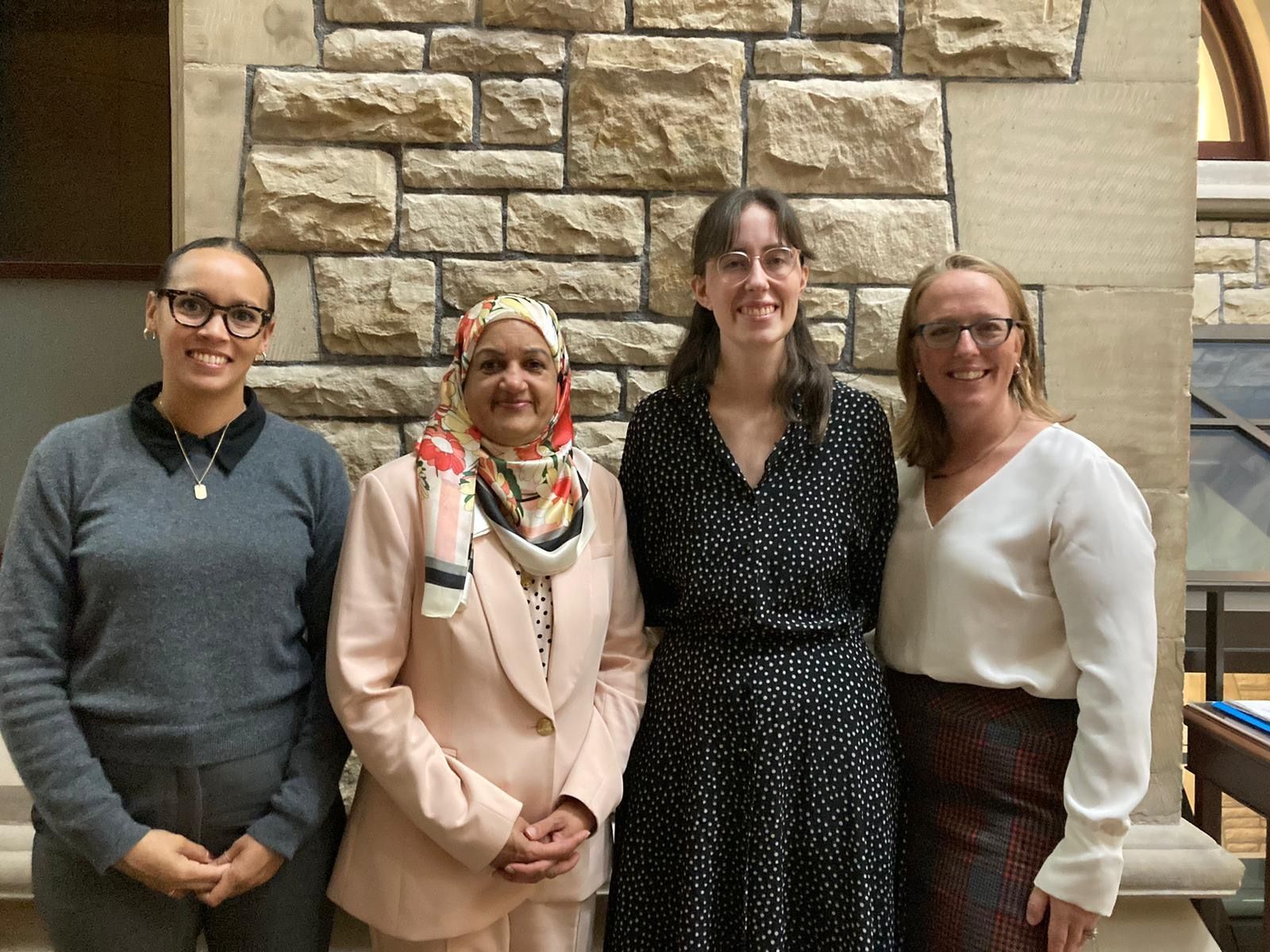More grants, less admin: New non-profit coalition to advocate for government funding reform
Why It Matters
Charities and non-profits are often at the whim of economic cycles. When there is a downturn, donations and corporate giving shrink too. In these times, consistent government funding could support and sustain non-profits, but some are concerned the sector could fall by the wayside again.

After numerous consecutive years of research about the non-profit sector’s struggles with funding, a new coalition of non-profits has formed to advocate for funding reform.
The Fair Funding for Nonprofits coalition will launch publicly on Oct. 22, and have already begun advocating with Members of Parliament in Ottawa.
Among the coalition members are Imagine Canada, the Ontario Nonprofit Network, the Community Sector Network of Prince Edward Island, the YMCA and Co-operation Canada.
With around 50 organizations actively involved, the coalition hopes the public launch will attract more charities and non-profits, said Emily Jensen, manager of strategic advocacy at Imagine Canada.
The coalition will also highlight the issues that non-profits have with administrative and reporting requirements when they are awarded certain types of government funding, added Ebony Davitt, a policy adviser at the Ontario Nonprofit Network.
There are often also long wait times for approvals and contract negotiations, Jensen said.
Other issues on the policy agenda include asking the government to “adopt a one-profile approach, ”whereby when an organization applies for funding from one federal department, they can then submit the same information to other departments, Jensen said.
“It’s a lot of redundancies being created.”
The group also wants the government to allow for more flexibility in how funding is used, letting non-profits and charities make decisions about where in their budget to allocate the funding.
“The non-profit sector provides millions of jobs, we help to bolster economies and communities – and this is a part of that,” Davitt said.
Lack of government funding exposes the sector’s precarity
Funding reform has been a consistent priority for the sector’s advocates. It was particularly a topic of interest at the end of 2006, when the federal government released a report on its grants and contributions programs.
While not exclusively focused on the non-profit sector, the report found there needed to be a “fundamental change in the way the federal government understands, designs, manages and accounts for its grants and contributions programs.”
The panel also concluded it was “possible to simplify administration while strengthening accountability [and] it is absolutely necessary to do the first in order to ensure the latter.
“The current morass of rules and general red tape that envelope federal grant and contribution programs has served only to undermine accountability and hamper sensible reporting and evaluation,” they wrote.
The panel made four recommendations to the government: respect the recipients; simplify reporting and accountability; encourage innovation; and organize information.
The issue of fair and flexible government funding emerged again during the pandemic, particularly when organizations had to move quickly to provide services online.
At that time, the government was able to move somewhat quickly in supporting the sector with additional financial instruments, such as the Emergency Community Support Fund and the Community Services Recovery Fund.
“We did see some funders respond by providing a lot more flexibility than they had before – federal, corporate and philanthropic foundations,” Jensen said.
“It was proof that people can actually do this and it isn’t impossible. You can fund in a more trust-based, flexible, long-term way.
“It also highlighted the precarity of the sector,” she added. “Funding sources are cyclical. So when the economy goes down, things like donations and corporate giving go down. So, funding from governments can and should be something that provides more stability during times of crisis.”

